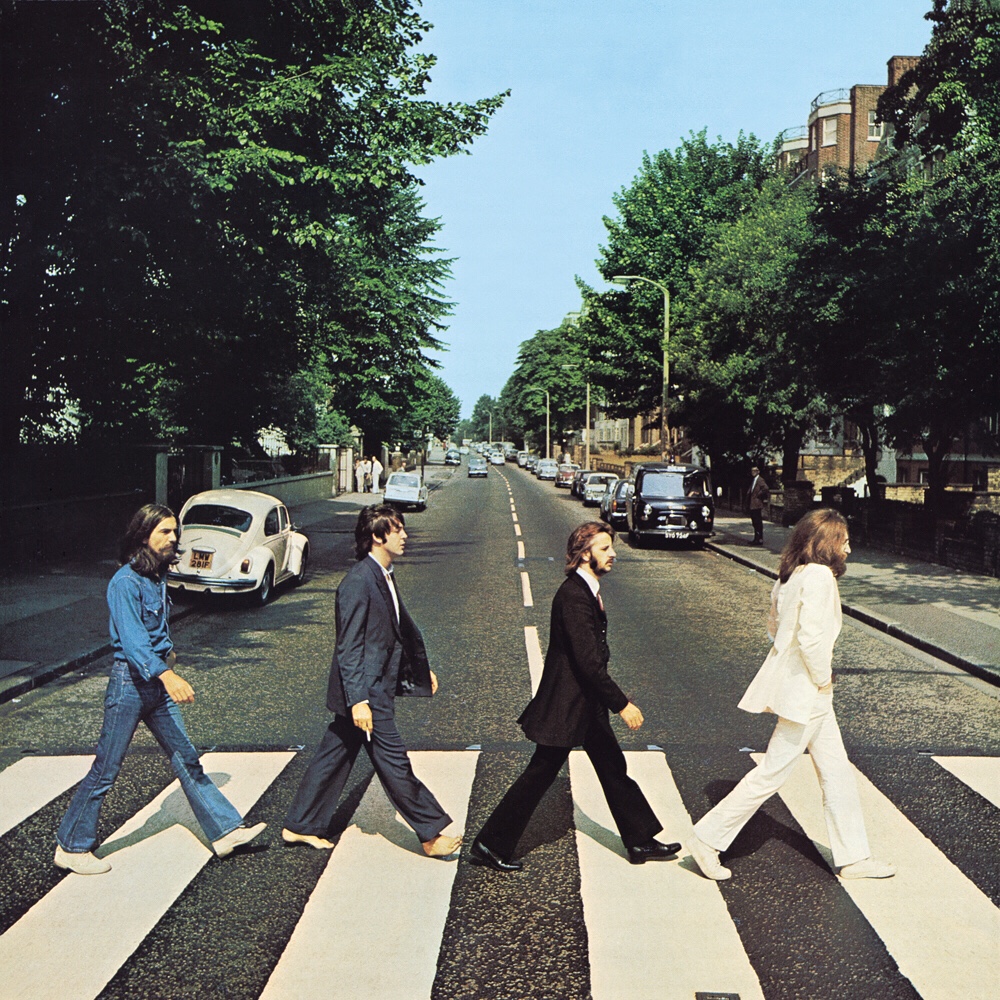On May 1st 2017, the US court of Appeals ruled that the FCC had the authority to name ISPs Title II organizations. This meant that ISPs had to abide by the rules pertaining to net neutrality.
What often goes unreported is that the court also held that ISPs could opt out of this arrangement by telling customers that they are not an unedited conduit to the internet.
“While the net neutrality rule applies to those ISPs that hold themselves out as neutral, indiscriminate conduits to internet content, the converse is also true: the rule does not apply to an ISP holding itself out as providing something other than a neutral, indiscriminate pathway—i.e., an ISP making sufficiently clear to potential customers that it provides a filtered service involving the ISP’s exercise of “editorial intervention.”
They also added:
“…That would be true of an ISP that offers subscribers a curated experience by blocking websites lying beyond a specified field of content (e.g., family friendly websites). It would also be true of an ISP that engages in other forms of editorial intervention, such as throttling of certain applications chosen by the ISP, or filtering of content into fast (and slow) lanes based on the ISP’s commercial interests. An ISP would need to make adequately clear its intention to provide “edited services” of that kind…”
These quotes were taken from pages 15 and 16 of the majority opinion in the case.
The reality of the “Net Neutrality” rules is that there was nothing stopping ISPs from throttling, blocking, or offering different tiers of service as long as they made it clear to consumers that they were doing it. On top of that, the court ruled that ISPs were able to do it under 1st amendment protections so the FCC is unable to override it. The FCC was only able to enforce net neutrality as long as the ISPs claimed to be an unfiltered conduit to the internet. The good news is:
“There is no need in this case to scrutinize the exact manner in which a broadband provider could render the FCC’s Order inapplicable by advertising to consumers that it offers an edited service rather than an unfiltered pathway. No party disputes that an ISP could do so if it wished, and no ISP has suggested an interest in doing so in this court. That may be for an understandable reason: a broadband provider representing that it will filter its customers’ access to web content based on its own priorities might have serious concerns about its ability to attract subscribers. Additionally, such a provider, by offering filtered rather than indiscriminate access, might fear relinquishing statutory protections against copyright liability afforded to ISPs that act strictly as conduits to internet content.”
In other words, if the ISPs do decide to start filtering content in some way they will open themselves up to litigation for what they do allow access to. They filter at their own peril. This makes it unlikely that the current players will do so.
The important thing to remember is that ISPs were able to filter before the recent action by the FCC and they can now. Title II status does not protect against ISPs filtering, blocking, or throttling despite popular opinion. The rules did not apply the way the public thought they did.





